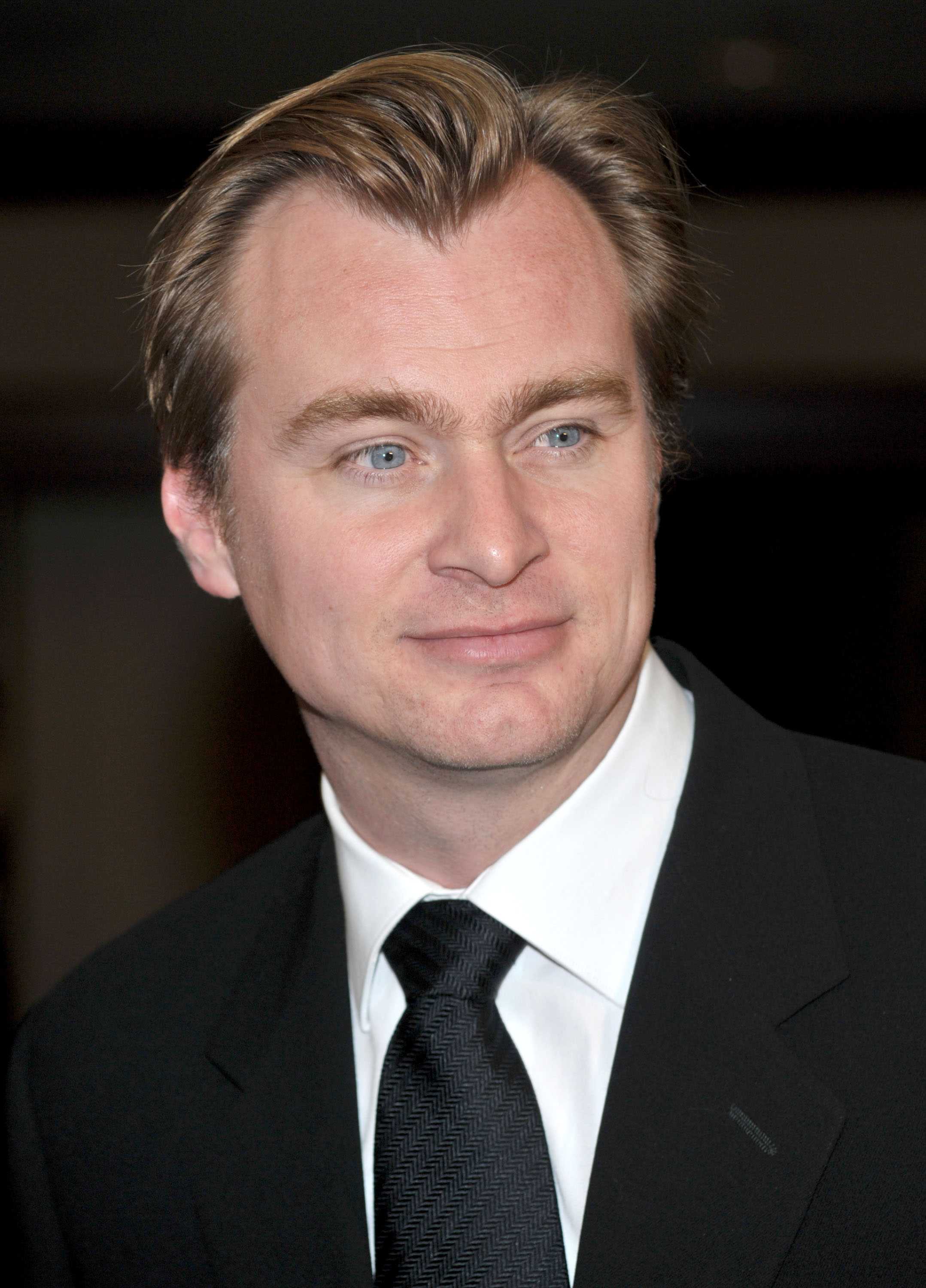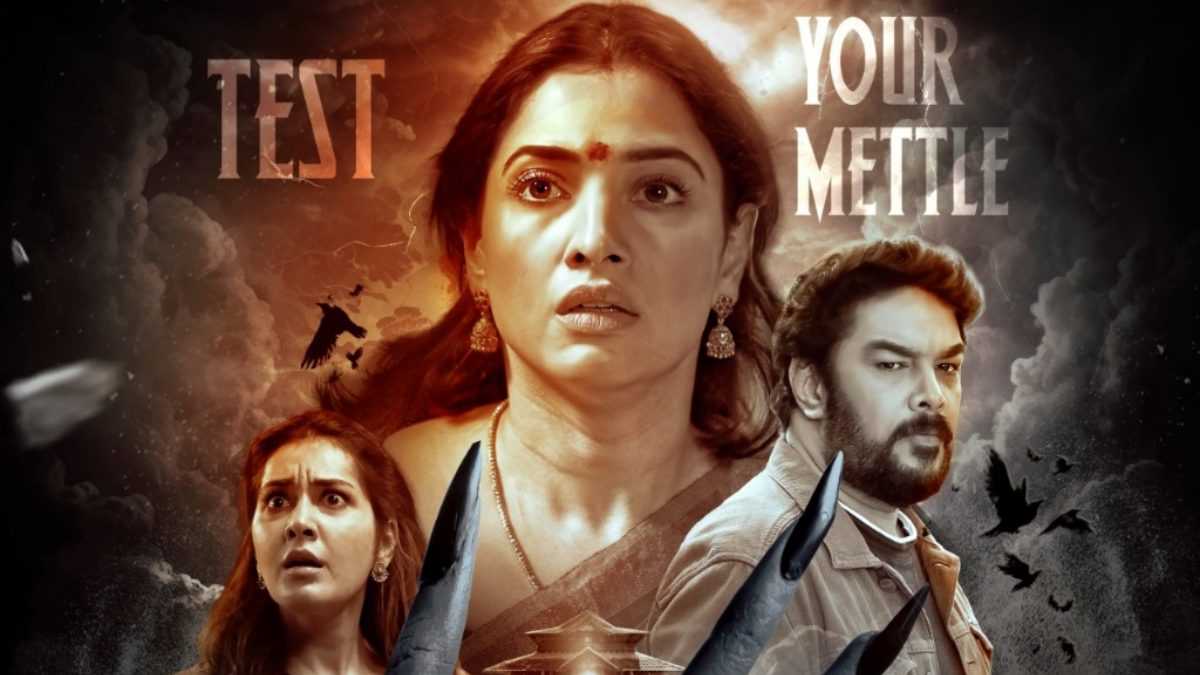Christopher Nolan slams Warner Bros.' game-changing streaming strategy: past tensions revisited
Diving into the past, Christopher Nolan's 2020 criticism of Warner Bros.' streaming move remains as sharp as ever. Recalling his caution about Hollywood's 'great danger' and labeling HBO Max as the 'worst', we reflect on a monumental shift in the movie world.

Christopher Nolan
Ah, the good old days of 2020! A tumultuous year, not just for the world, but for the movie industry. Remember when Warner Bros. shocked us all by announcing that their entire 2021 slate of movies, including blockbusters like Wonder Woman 1984 and Dune, would debut on HBO Max the same day they hit theaters? It was the talk of Tinseltown.
The streaming showdown begins
Warner Bros. gave its justification. The pandemic was raging, movie theaters were barely breathing, and Warner Bros. CEO Ann Sarnoff was torn between supporting theaters and adapting to a rapidly changing landscape. “No one wants films back on the big screen more than we do,” she remarked, painting a picture of a studio walking the tightrope between the love of cinema and reality.
But not everyone was on board.
Nolan's fiery words light up Hollywood
Christopher Nolan, a director synonymous with massive theatrical experiences, was notably vocal about his displeasure. Known for his cinematic masterpieces like The Dark Knight and Dunkirk, Nolan didn't mince words. He saw this shift as "a sign of great danger" for those in the movie business. The change was about more than just big name actors and directors. It was about the grips, the electricians, the actors with small roles who rely on the residuals structure. In his words, “It's a sign of great danger for the ordinary people who work in this industry.”
Nolan even went on to label HBO Max as "the worst streaming service." That’s one for the Hollywood history books!
He brought up a valid argument: 2019 had been a financially booming year for movies, challenging the narrative that the pandemic merely accelerated the inevitable shift towards streaming. For Nolan, the essence of movie-watching was about community, about people coming together to experience a story. And he believed in that communal magic, even in a pandemic-stricken world.
He was concerned, and rightly so, about the thousands of jobs in the exhibition business. Jobs that put food on tables and help raise families. He felt they were disregarded in Warner Bros.' new strategy. “You need to think of working people as well as highly paid, high-profile people,” he remarked, standing up for the small guys.
In reflection, his passionate outcry wasn't just about a director displeased with a corporate decision. It was about a craftsman concerned for the craft, for the community, for the future of cinema.
Today, as we navigate an ever-evolving entertainment landscape, Nolan's past words serve as a powerful reminder. Cinema is not just about big studios and bigger profits. It's about stories, experiences, and most importantly, the people behind them.
(Several parts of the text in this article, including the title, were generated with the help of an AI tool.)







